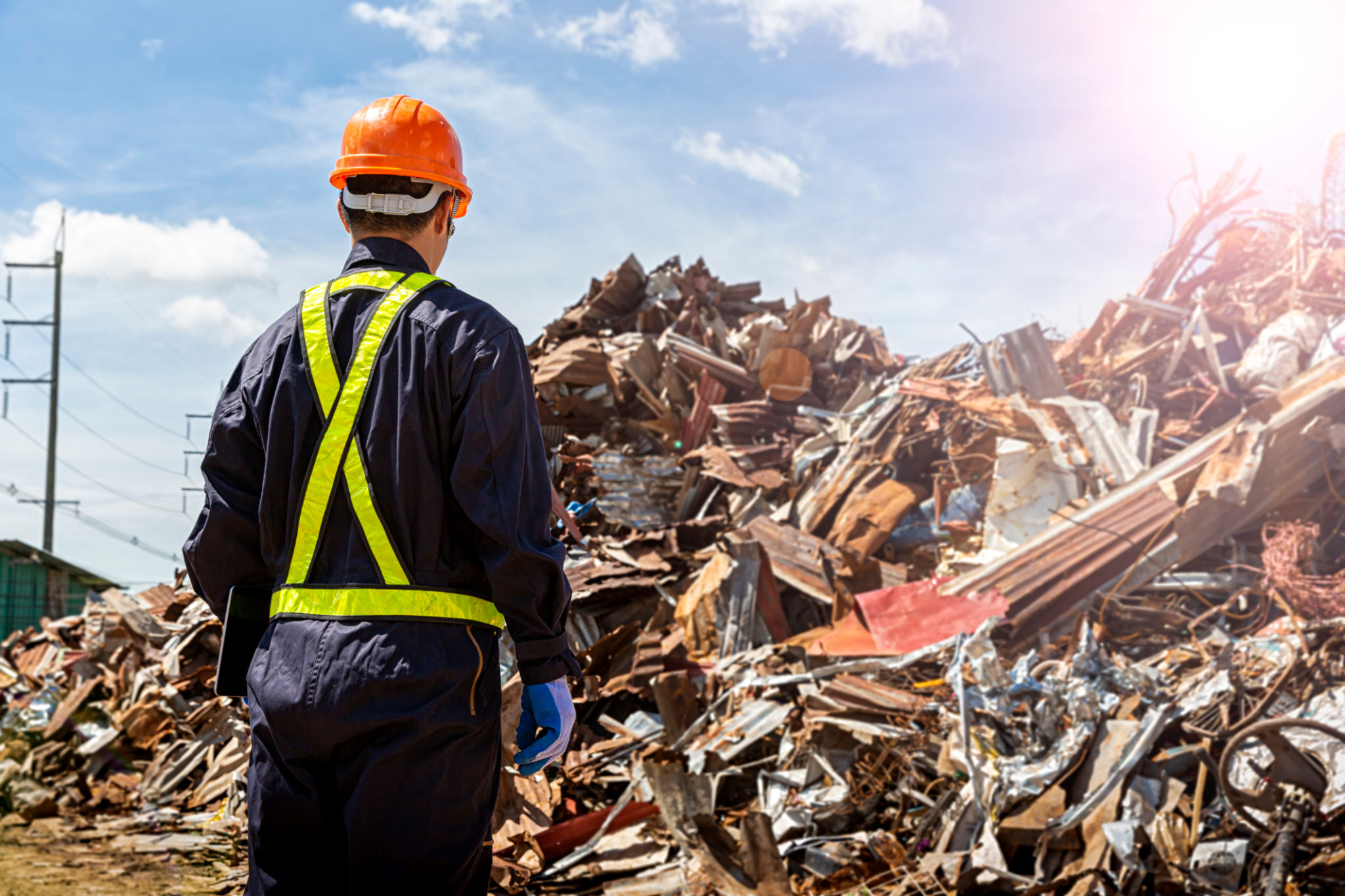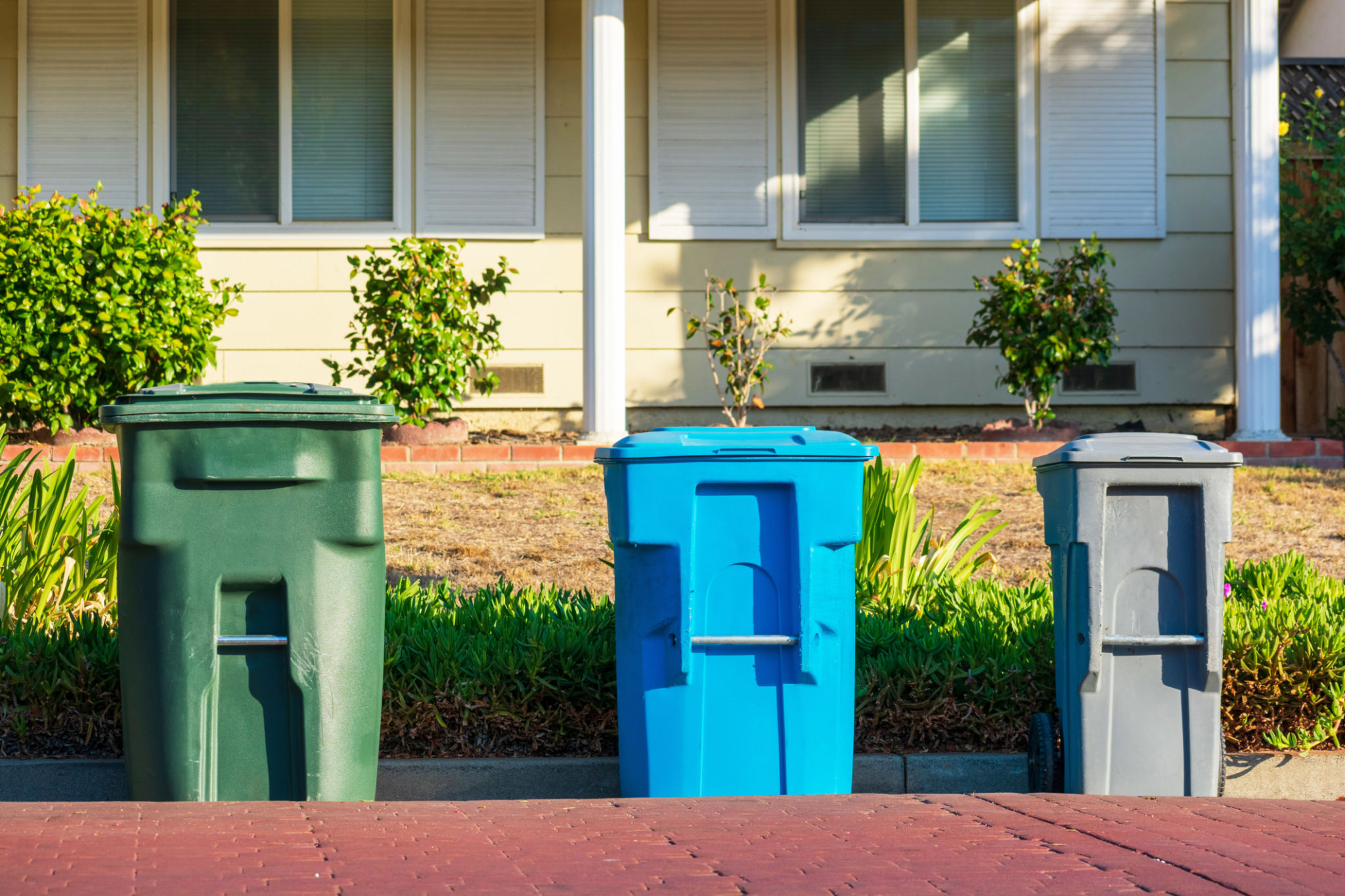Common Misconceptions About the Scrap Metal Industry in California
Understanding the Value of Scrap Metal
One of the most common misconceptions about the scrap metal industry in California is that scrap metal holds no real value. Many people mistakenly believe that scrap metal is just useless debris when, in reality, it can be a significant source of revenue. The industry plays a critical role in the recycling ecosystem, helping to reduce waste and conserve natural resources. By understanding the true value of scrap metal, individuals and businesses can benefit financially and environmentally.

The Myth of Low Environmental Impact
Another misconception is that the scrap metal industry has little to no environmental impact. On the contrary, scrap metal recycling is one of the most eco-friendly practices available today. By recycling metals, we reduce the need for new mining operations, which are often destructive to natural landscapes. Recycling also saves energy—up to 92% for aluminum, 90% for copper, and 56% for steel—compared to producing new metals from raw materials.
Scrap Metal is Not Just Junk
People often categorize scrap metal as just "junk," but this couldn't be further from the truth. Scrap metal is a valuable commodity in numerous industries, including construction, manufacturing, and automotive. Items like old appliances, car parts, and construction materials can be repurposed into new products. This transformation from "junk" to "valuable resource" is a key aspect of the circular economy.

The Complexity of Pricing
Pricing in the scrap metal industry can be confusing for many. Some believe that all metals are priced equally, but in reality, prices fluctuate based on several factors. These include the type of metal, market demand, and global economic conditions. For example, precious metals like copper and aluminum typically fetch higher prices than common metals like steel due to their scarcity and demand in various industries.
Legal Concerns and Compliance
Many assume that the scrap metal industry operates in a regulatory vacuum when it actually faces stringent regulations. California's scrap metal industry must comply with state and federal laws designed to prevent theft and environmental damage. These regulations ensure that businesses operate ethically and sustainably while providing clear guidelines for legal compliance.

Scrap Metal Theft: A Pressing Issue
A prevalent misconception is that all scrap metal transactions are shady or illegal. While scrap metal theft is an issue in some areas, it represents a small fraction of the industry's activities. Most businesses adhere to strict protocols to verify the legitimacy of their materials. By educating communities about the importance of legal compliance, we can help curb illegal activities and promote a more positive image of the industry.
A Lucrative Opportunity for Entrepreneurs
Many people overlook the entrepreneurial opportunities within the scrap metal industry. With California's strong emphasis on sustainability, there's a growing demand for innovative recycling solutions. Entrepreneurs can capitalize on this trend by developing new technologies or services that improve the efficiency and effectiveness of metal recycling processes.

In conclusion, understanding these common misconceptions can help individuals and businesses better appreciate the value and importance of the scrap metal industry in California. By dispelling myths and highlighting the industry's positive impacts, we can encourage more responsible practices and participation in this vital sector.